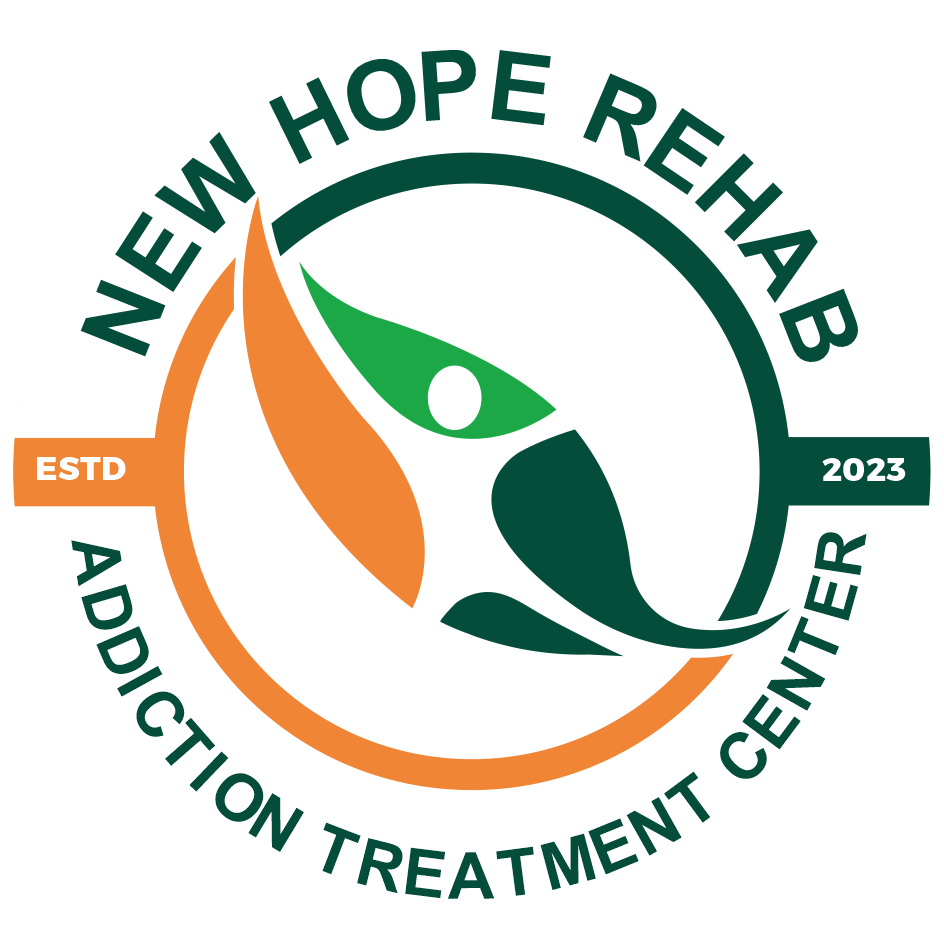Opioids Addiction
Opioids Addiction
Opioid addiction, also known as opioid use disorder (OUD), is a serious and challenging condition characterized by the compulsive use of opioid drugs despite negative consequences. Opioids are a class of drugs that include prescription painkillers like oxycodone, hydrocodone, and fentanyl, as well as illicit drugs like heroin. Opioids are highly effective in relieving pain but can also produce feelings of euphoria and relaxation, making them highly addictive.
You will be required to :
Addiction Potential: Opioids bind to specific receptors in the brain and body, reducing the perception of pain and producing a sense of euphoria. Prolonged use or misuse can lead to tolerance, meaning higher doses are required to achieve the desired effect. This can eventually lead to physical and psychological dependence, resulting in addiction.
Signs and Symptoms: Symptoms of opioid addiction can vary, but common signs include a strong craving for the drug, inability to limit or control opioid use, continued use despite negative consequences (such as legal problems or health issues), neglect of responsibilities, withdrawal symptoms when attempting to stop, and an increased tolerance to opioids.
Health Consequences: Opioid addiction can have severe health consequences. It can lead to respiratory depression, constipation, hormonal imbalances, liver and kidney damage, and an increased risk of infectious diseases like HIV and hepatitis if opioids are injected. Additionally, long-term opioid use can lead to cognitive impairments and mental health issues like depression and anxiety.
Withdrawal: Abruptly stopping opioid use or reducing the dosage after prolonged use can lead to withdrawal symptoms. These symptoms may include anxiety, irritability, insomnia, restlessness, sweating, tremors, muscle spasms, and flu-like symptoms. Due to the potential severity of opioid withdrawal, it is recommended to undergo a medically supervised tapering process to minimize discomfort and complications.
Treatment Options: The treatment of opioid addiction typically involves a combination of medical detoxification, medication-assisted treatment (MAT), and behavioral therapies. MAT involves the use of medications like methadone, buprenorphine, or naltrexone to help manage withdrawal symptoms, reduce cravings, and stabilize brain chemistry. Behavioral therapies such as cognitive-behavioral therapy (CBT) and contingency management are often employed to address the psychological aspects of addiction and develop healthier coping strategies.
Harm Reduction Approaches: Harm reduction strategies aim to reduce the negative consequences of opioid addiction without necessarily requiring immediate abstinence. These approaches may include needle exchange programs, naloxone distribution (an opioid overdose reversal medication), and supervised injection sites, which provide a safe environment for individuals using opioids to minimize the risk of overdose and other harms.
Supportive Environment: A supportive and non-judgmental environment is crucial for opioid addiction recovery. Support from family, friends, and support groups can provide understanding, encouragement, and motivation during the recovery journey.
The Requirements :
If you or someone you know is struggling with opioid addiction, seeking professional help from healthcare providers, addiction specialists, or rehabilitation centers is vital. Early intervention and comprehensive treatment can significantly improve the chances of successful recovery and a healthier life.
